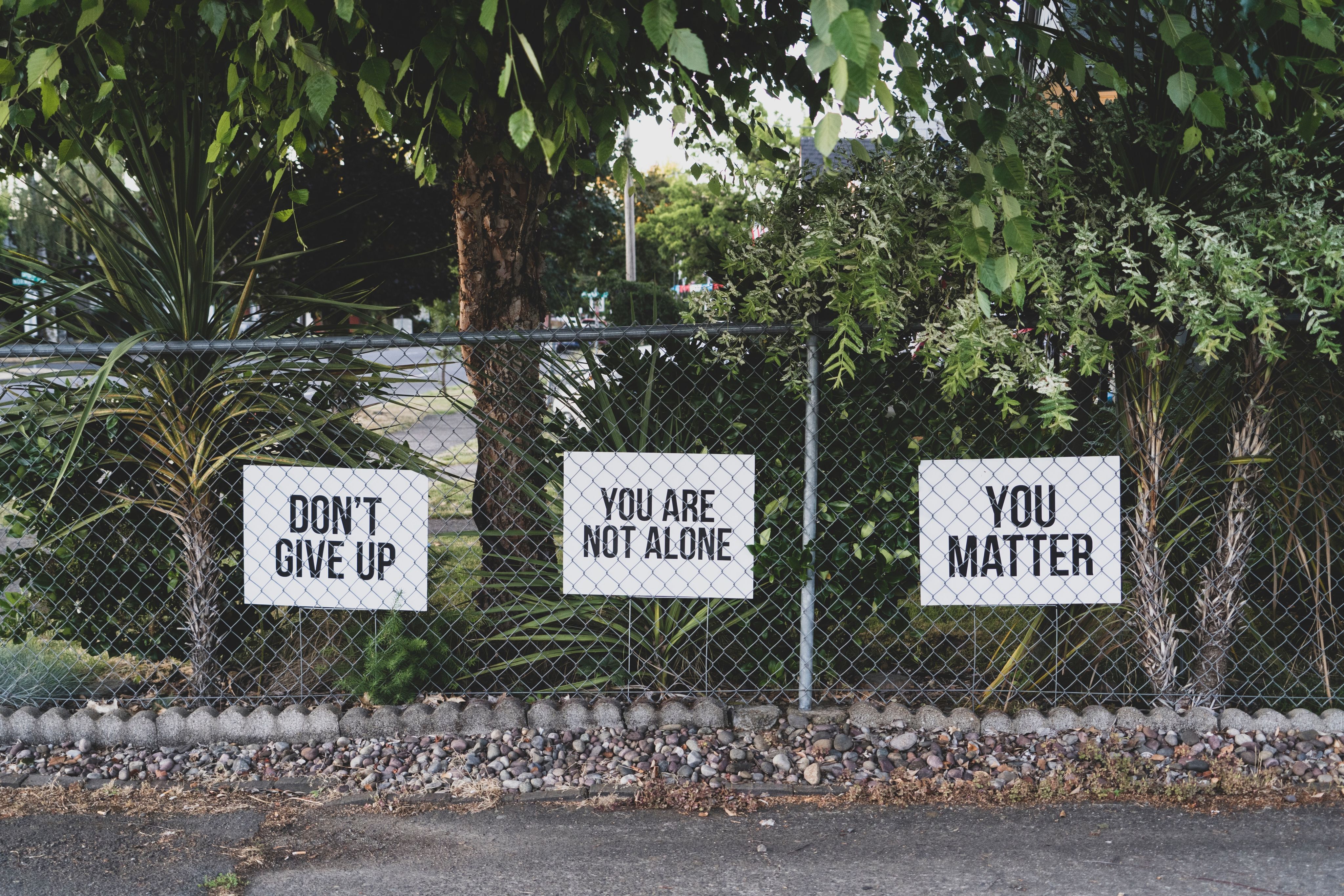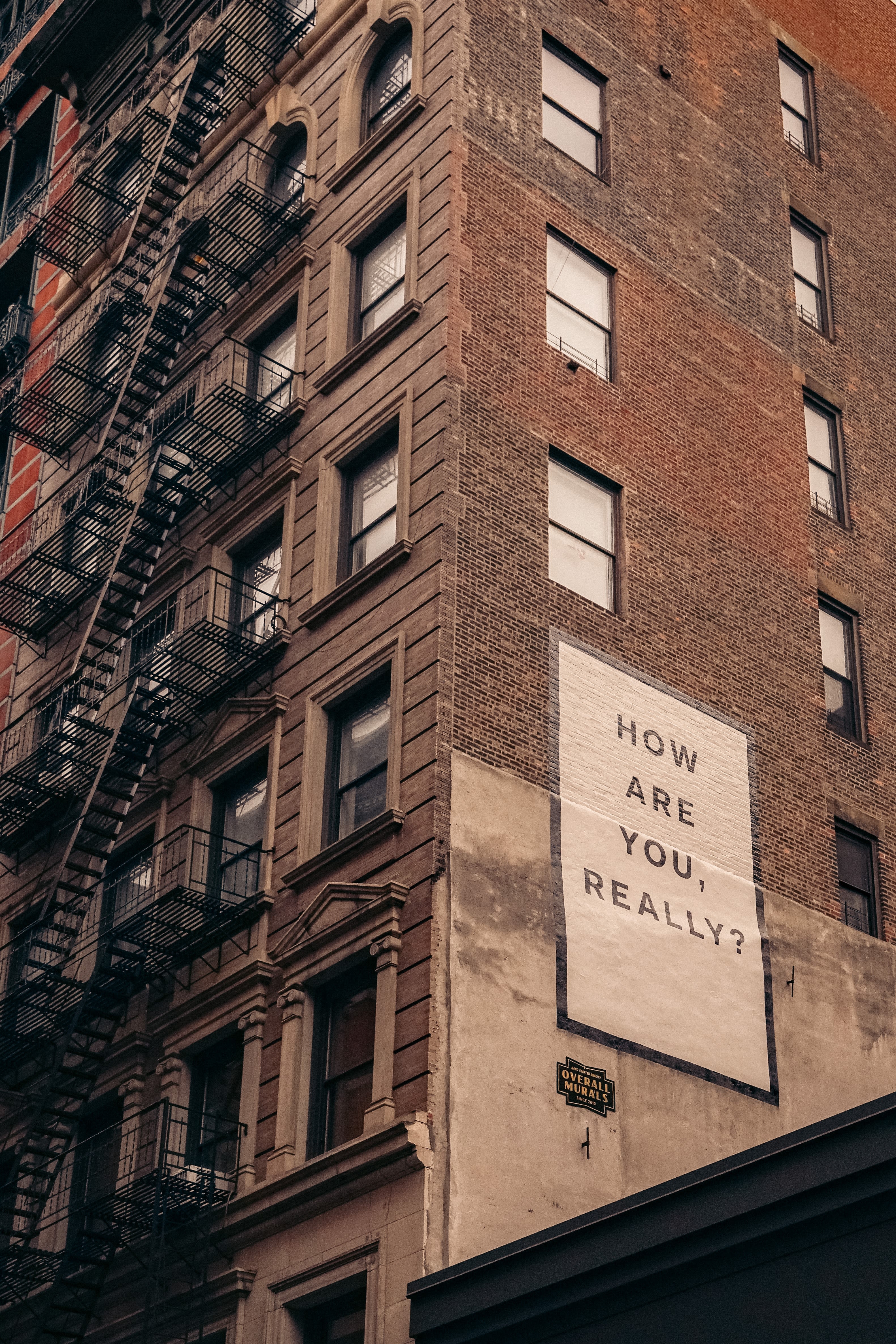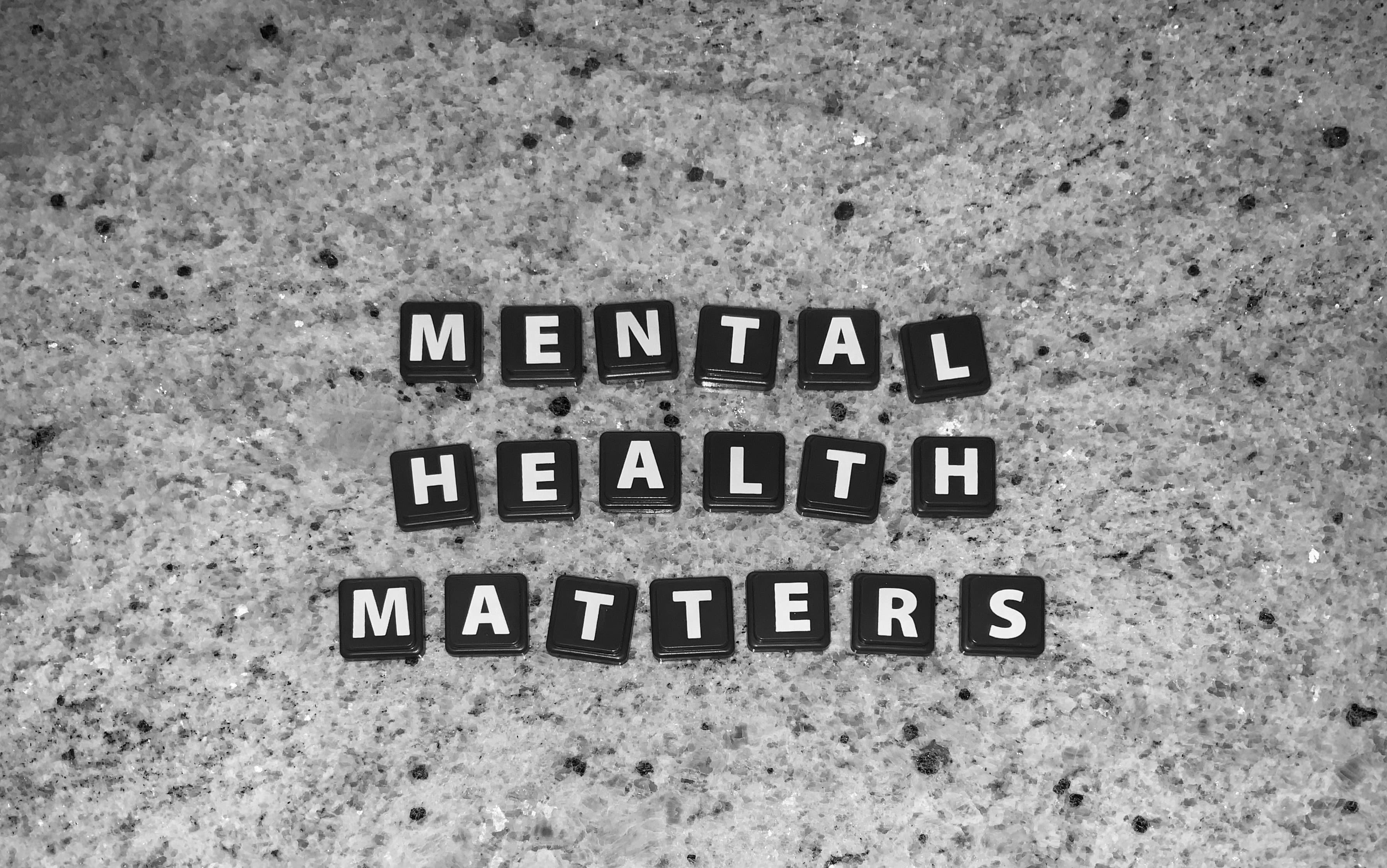Responsible Gen AI Use:
AI vs Mental Health Professionals

Generative AI is a powerful tool. It can help you organise your thoughts, explain psychological concepts and even suggest coping strategies. But it’s not a therapist. When it comes to your mental health, AI can’t replace the training, experience and empathy of a real mental health professional. Using AI in the wrong way could delay the support you actually need. Here’s why you should always turn to qualified experts for psychological care.
Why AI Can’t Replace Your Therapist
It can’t pinpoint what’s really going on
AI can repeat what it has read — definitions of anxiety, symptoms of depression or signs of burnout, but it can’t assess how these things actually show up in you. Mental health professionals are trained to recognise subtle signs that aren’t always obvious, even to the person experiencing them. They know how different conditions overlap and how symptoms can show up differently depending on age, culture and personal history.
Example: You might tell AI that you feel tired and unmotivated and it might suggest stress or lack of sleep. A therapist, on the other hand, could recognise those same symptoms as early signs of clinical depression or even a trauma response, based on how you talk and what else they notice.
It only knows what you type
AI relies 100% on the information you give it. If you leave something out, phrase things vaguely or don't even realise a certain feeling is important, AI won't catch it. Mental health professionals ask the right questions, notice body language and tone and can gently guide you toward things you may not even realise are affecting you.
Example: You might tell AI you’re feeling anxious about school or work. But a therapist might notice patterns in your behaviour or responses that point to deeper issues, like low self-esteem or social anxiety, things you might not have mentioned outright.
It has knowledge, but no experience
AI can quote research papers and explain mental health terms, but it has never spoken to a struggling person, never seen a panic attack and never helped someone through a crisis. Therapists have. They draw on real-life experience, professional judgement and human intuition, things no machine can replicate.
Example: Think of someone who’s read every book about counselling but has never actually spoken to someone in distress. Would you trust them to help you through a breakdown? That’s the risk of relying on AI for mental health advice.
In summary, generative AI can support learning and reflection, but it cannot replace real therapeutic care. Mental health is complex, personal and deeply human, and only trained professionals can provide the understanding, guidance and care that truly help. So use AI thoughtfully, but when it comes to your emotional well-being, always seek help from qualified mental health experts.



